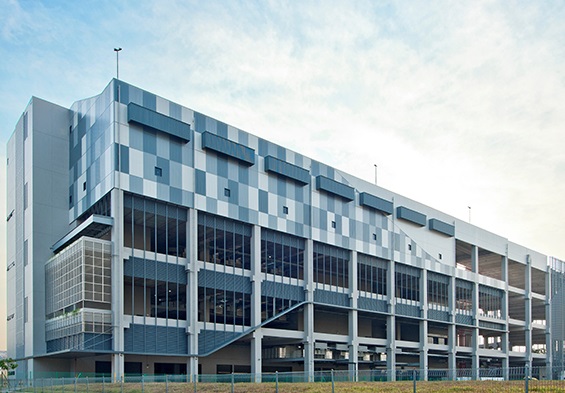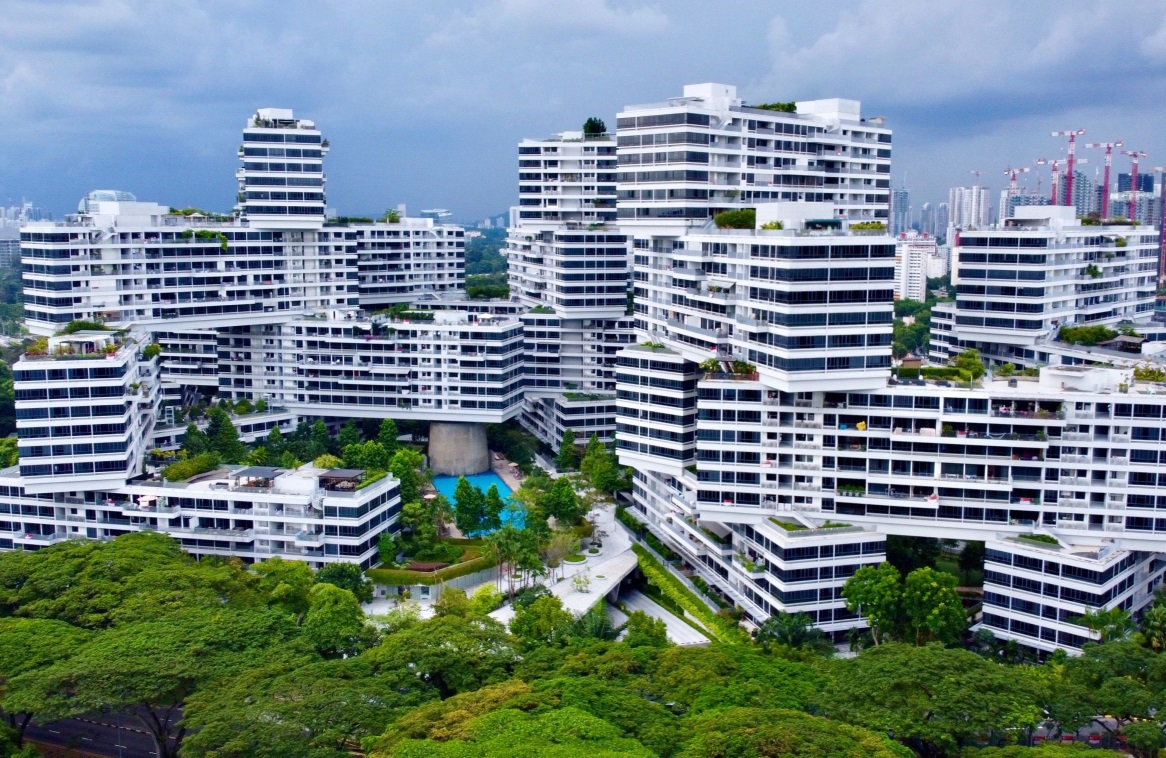It would have been recommended to many of us to climb the property ladder like Grand Dunman as quickly as feasible in order to extend our loan terms and benefit from the long-term trend. Therefore, in Singapore, where homeownership is among the greatest in the world, the age-old dilemma of whether to buy or rent a private property may appear to be answered—or is it?
Property advocates would be the first to cite the recent increase in real estate values as support for their position. In actuality, private property values rose 6.7% in 2023, following a 19% growth in the preceding two years. In addition, new condo developments are being introduced in the Outside Core, with most people visiting the Grand Dunman Floor Plan.
Pandemic-Induced Demand Driven An Increase In Property Prices
Singapore’s private property prices were mostly stable between 4Q2018 and 3Q2020. But when the COVID-19 outbreak began, demand began to soar, as evidenced by the sharp rise in the URA Property Price Index (PPI) below. Between 3Q2020 and 3Q2023, the total number of private properties in the three regions increased by 10% (Core Central Region), 38.5% (Rest of Central Region), and 31.6% (Outside Central Region).
A number of factors contributed to this price increase, including a decrease in the number of finished private developments in 2020, an increase in owner-occupier demand for resale private properties amid construction delays brought on by the pandemic, an increase in demand from foreigners, and higher labor and raw material costs as a result of the conflict between Russia and Ukraine.
Since December 2021, the government has implemented three more cooling measures, the most recent of which was implemented in April 2023, in an effort to rein in the high demand and sharp increase in home prices. In the most recent cycle, foreign buyers of residential properties were required to pay 60% of the Additional Buyer’s Stamp Duty (ABSD), whereas Singaporeans and Permanent Residents paying for their second property paid 20% and 30% of the ABSD, respectively.
The Rental Market Could Be Adjusting In The Upcoming Quarters
The URA Rental Index of Private Residential Properties indicates that during the same time period, rent for private properties also experienced sharp increases. From 3Q2020 to 3Q2023, rent increased overall in the CCR, RCR, and OCR regions by 48.5%, 59%, and 63.4%, respectively.
Numerous reasons that contributed to the surge in demand for residential property rentals from both domestic and international tenants have subsided.
Since the borders between Singapore and Malaysia were reopened, fewer non-resident Malaysian workers have been requesting services, while more individuals are starting to commute back and forth. Furthermore, as more individuals return to working in offices, locals who desire their own place to accommodate the WFH culture may find themselves reevaluating their needs.
Which Is Better: Purchasing or Renting?
The possibility of “paper hands” among property owners has decreased even though property prices are at an all-time high thanks to borrowing regulations like the ABSD and Total Debt Servicing Ratio (TDSR). The majority of homebuyers today would be able to finance their residences and would be less inclined to let them go at large discounts from their purchase price, barring a recession and widespread layoffs. Therefore, we might not see sharp price decreases even though property values might see a slower price rise or possibly a slight correction.
However, considering the increased supply of completed apartments in 2023 and the ensuing years, rents may moderate in the upcoming quarters. This might make more landlords more competitive by reducing their rental demands in order to attract a smaller pool of potential tenants. It may be better in certain cases to rent these homes rather than purchase them.
We look at the median prices and rentals for properties in each district that are an average size of 800–900 sqft, or a typical 2-bedroom condo unit, in order to determine which areas would be more affordable to rent than to buy.
Suggested Article: Three S-Reits that ignored the trend of raising DPUs


